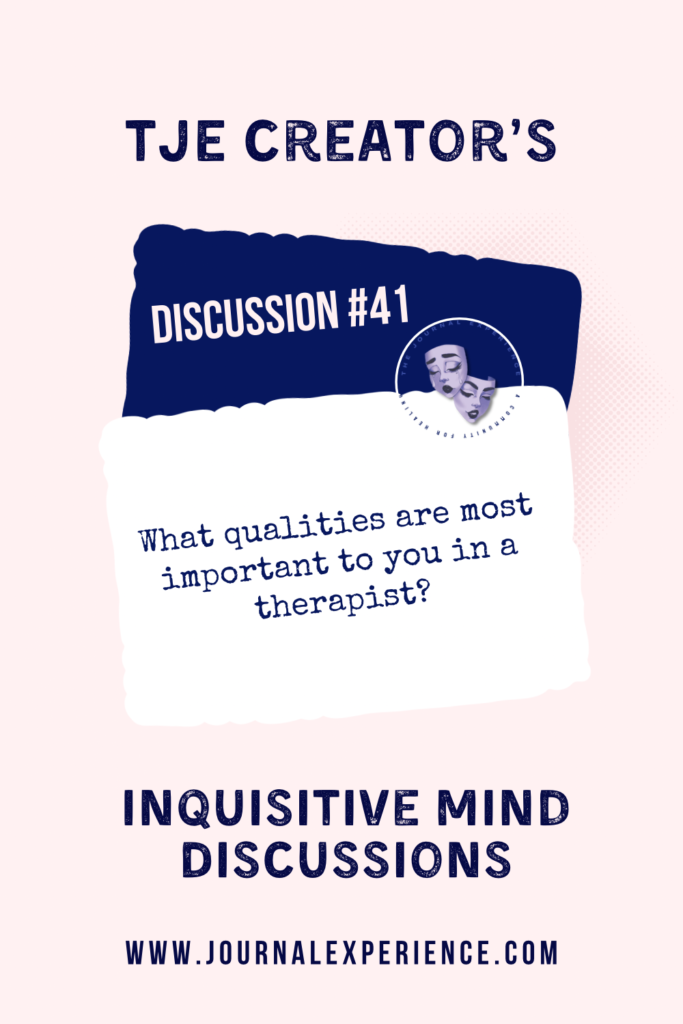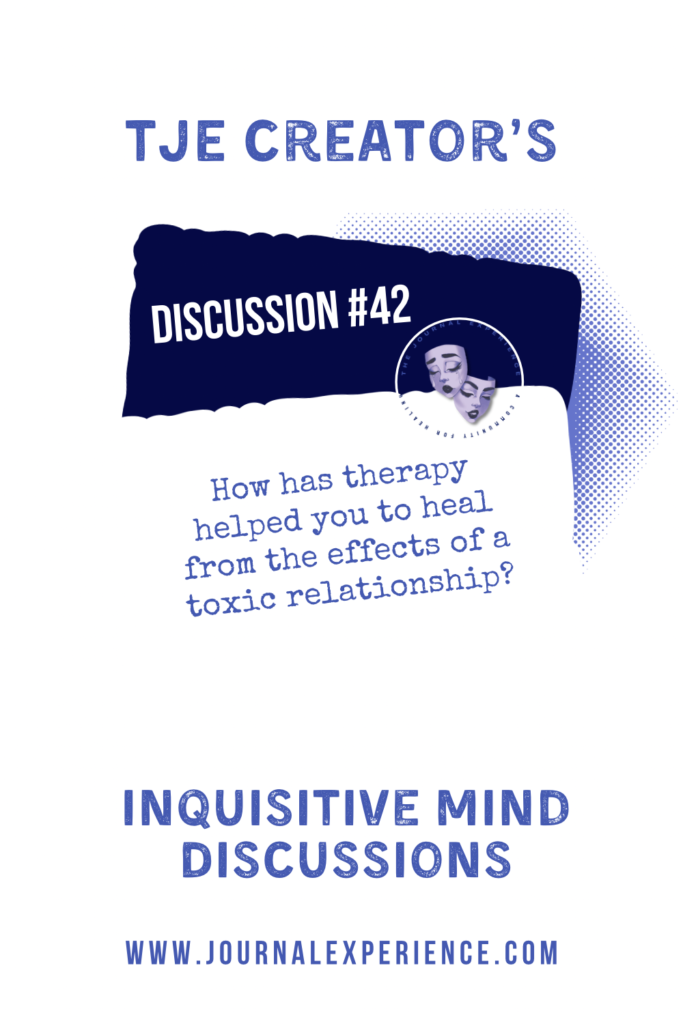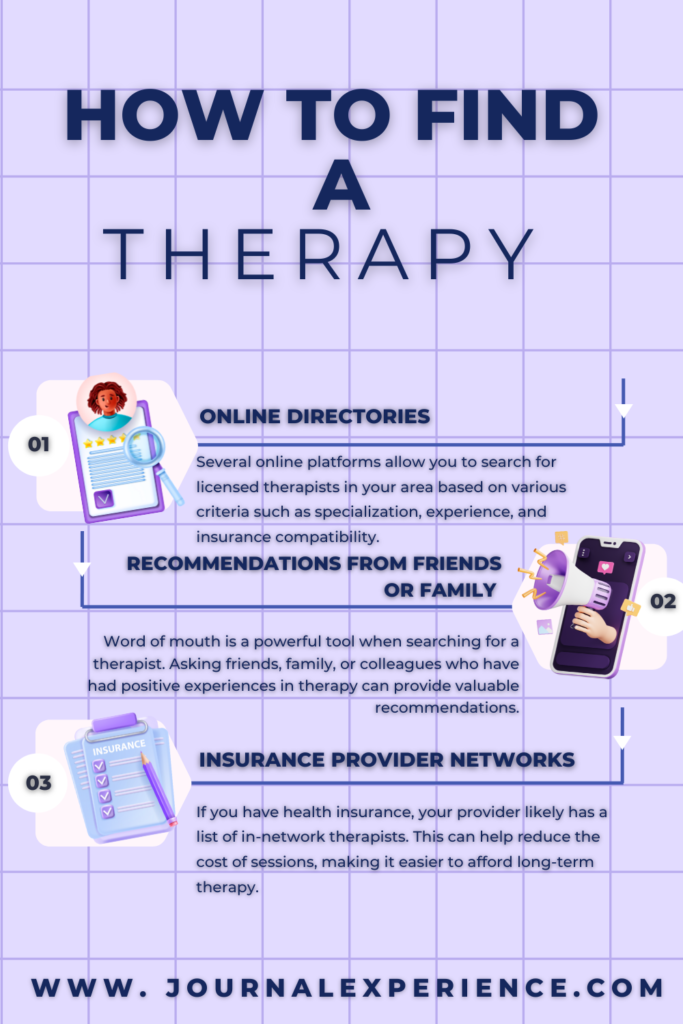In today’s fast-paced world, where stress and anxiety levels are at an all-time high, finding the right therapist is crucial for your mental health and well-being.

Whether you are dealing with anxiety, depression, trauma, or simply seeking support for personal growth, selecting a therapist who aligns with your needs is the first step toward healing.
This guide aims to provide detailed information on how to find the best therapist for you, by considering factors such as qualifications, therapeutic style, insurance compatibility, and more.
From reading reviews to making comparisons, we’ve got you covered.
Why Therapy Matters for Mental Health
Mental health issues can significantly impact your daily life, relationships, and overall happiness. Therapy provides a safe space for self-exploration, healing, and emotional growth.
It can help you gain better control over your thoughts, feelings, and behaviors. Finding the right therapist can make all the difference in your treatment outcome, which is why it’s important to take the time to research, compare, and select the best fit.

If you’re beginning therapy to address unresolved emotional wounds, the Healing The Inner Trauma Child (HITCH) Method can help you compliment your sessions with deep, trauma-informed self-work and reflection tools.
Key Factors to Consider When Choosing a Therapist
1. Therapist’s Qualifications and Experience
When searching for a therapist, the first thing to consider is their qualifications and experience. A licensed therapist should have the necessary certifications and training to practice mental health care.
Look for credentials such as LMFT (Licensed Marriage and Family Therapist), LCSW (Licensed Clinical Social Worker), or Ph.D./Psy.D. for psychologists. It’s also essential to consider the therapist’s specialization.
For example, if you’re dealing with trauma, you may want someone trained in trauma-focused therapies like EMDR (Eye Movement Desensitization and Reprocessing).
Key Questions to Ask
- What is their educational background?
- How many years of experience do they have?
- What populations do they specialize in treating?
2. Therapeutic Approach and Style
Therapists use a variety of therapeutic approaches, and finding one that aligns with your needs is essential. Some therapists are more structured and goal-oriented, like those practicing Cognitive-Behavioral Therapy (CBT), while others may take a more exploratory approach, like Psychodynamic Therapy. Others might focus on mindfulness and holistic healing methods.
Understanding different therapeutic styles can help you make an informed decision:
- Cognitive-Behavioral Therapy (CBT): Focuses on changing negative thinking patterns.
- Psychodynamic Therapy: Delves into unconscious thoughts and past experiences to address current issues.
- Humanistic Therapy: Centers on personal growth, self-awareness, and potential.
- Mindfulness-Based Therapy: Combines traditional therapy with mindfulness practices to manage stress and emotions.
If you’re interested in learning mindfulness techniques to support your healing outside of sessions, MindfulnessExercises.com offers an incredible toolkit—including 200 guided meditation scripts—to help you regulate emotions and stay present between appointments.
3. Insurance Coverage
Therapy can be expensive, but many therapists accept insurance to cover part or all of the cost.
Therapy can be expensive, but many therapists accept insurance to cover part or all of the cost.
If not, ask if they offer a sliding scale fee based on income. This can make therapy more affordable.
Key Considerations:
- Does the therapist accept your insurance?
- If not, do they offer affordable payment options?
- Are you comfortable with the out-of-pocket costs?
4. Geographical Location or Virtual Therapy
In today’s digital age, therapy is more accessible than ever. You can choose between in-person therapy or online therapy, depending on what suits your schedule and comfort level.
Location can be a deciding factor for many. If you prefer face-to-face sessions, make sure the therapist’s office is conveniently located near your home or workplace.
If virtual therapy works better, check to ensure that the therapist offers secure, private, and effective online sessions.
Options to Consider:
- In-person therapy for face-to-face interaction.
- Virtual therapy for convenience and flexibility.

How to Find A Therapist
1. Online Directories
Several online platforms allow you to search for licensed therapists in your area based on various criteria such as specialization, experience, and insurance compatibility.
Websites like Psychology Today, TherapyDen, and BetterHelp provide filters to help narrow down your search based on your unique needs.
Recommended Online Directories:
- Psychology Today: One of the most widely used directories, offering detailed profiles of therapists across the U.S.
- TherapyDen: Focuses on inclusive mental health services, allowing searches based on gender, sexuality, race, and more.
- BetterHelp: A platform for virtual therapy, offering convenience for those preferring online sessions.
2. Recommendations from Friends or Family
Word of mouth is a powerful tool when searching for a therapist. Asking friends, family, or colleagues who have had positive experiences in therapy can provide valuable recommendations.
Just remember, everyone’s needs are different, so while a recommendation can be helpful, always consider whether the therapist is the right fit for you.
3. Insurance Provider Networks
If you have health insurance, your provider likely has a list of in-network therapists. This can help reduce the cost of sessions, making it easier to afford long-term therapy.
Checking with your insurance company or using their online directory is a good starting point for finding affordable care.
Pro Tip: Some insurance plans may require a referral from your primary care doctor, so make sure to check your policy requirements before starting your search.
What to Expect in the First Therapy Session
The first therapy session is often an introductory meeting where you and the therapist get to know each other.
It’s a chance for you to express your needs and goals while the therapist assesses how they can help. This is also the time when the therapist will go over confidentiality rules, set boundaries, and discuss the structure of future sessions.
What Will Happen:
- Assessment of Needs and Goals: The therapist will ask about your mental health history, any current issues you’re facing, and what you hope to achieve from therapy.
- Discussion of Confidentiality and Boundaries: The therapist will explain the rules of confidentiality, letting you know that everything shared in therapy stays between you and them, except in specific cases of harm or legal issues.
If the idea of starting therapy feels overwhelming, or you’re not sure how to process your emotions just yet, MindfulnessExercises.com also offers 300 mindfulness worksheets and journaling tools that can support your emotional clarity before and during therapy.
Common Therapeutic Approaches
There are various therapeutic approaches, and understanding a few key ones can help you make the right choice.
1. Cognitive-Behavioral Therapy (CBT)
CBT is a structured, short-term approach that helps people change negative thought patterns and behaviors. It’s effective for conditions like anxiety, depression, and PTSD.
2. Psychodynamic Therapy
This therapy explores unconscious patterns that may stem from childhood experiences, aiming to uncover hidden emotions and motives. It’s useful for deep self-exploration and understanding long-term emotional struggles.
3. Humanistic Therapy
This approach emphasizes personal growth and self-awareness. Therapists work in a supportive, non-judgmental way to help clients realize their potential.
4. Mindfulness-Based Therapy
Mindfulness therapy integrates traditional talk therapy with mindfulness practices. It helps clients stay present, manage stress, and improve emotional regulation.
If you’re healing from toxic relationships or emotional dependency, the Codependency Therapy | Self Love Recovery Treatment Program offers step-by-step support alongside therapy to rebuild emotional autonomy and strengthen boundaries.
Overview
Choosing a therapist is an intimate and personal process. Trust yourself to ask the hard questions, explore different options, and prioritize your well-being every step of the way.
Whether you’re seeking therapy for anxiety, depression, or personal development, the right therapist can guide you toward healing and self-discovery.
And if you’re still unsure where to begin, don’t worry. MindfulnessExercises.com offers affordable tools to help you build a healing routine right now—from guided meditations to trauma-informed practices.
Take advantage of online directories, personal recommendations, and insurance networks to find the best fit for you. Finding a therapist who matches your needs is essential for effective treatment. Don’t rush the process—trust yourself to make the best choice for your mental health.

Want to understand the deeper roots of emotional pain and toxic relational patterns? The Webinar: Origins of Codependency and Pathological Narcissism offers expert insight into how early experiences shape our need for therapy—and how we can begin to heal with clarity.
If you’re still unsure where to start or need more resources, we invite you to subscribe to The Journal Experience (TJE) Newsletter and Join the Experience!Stay updated with the latest mental health tips, expert advice, and exclusive content designed to support your journey toward well-being. Don’t miss out on valuable insights—become a member today!